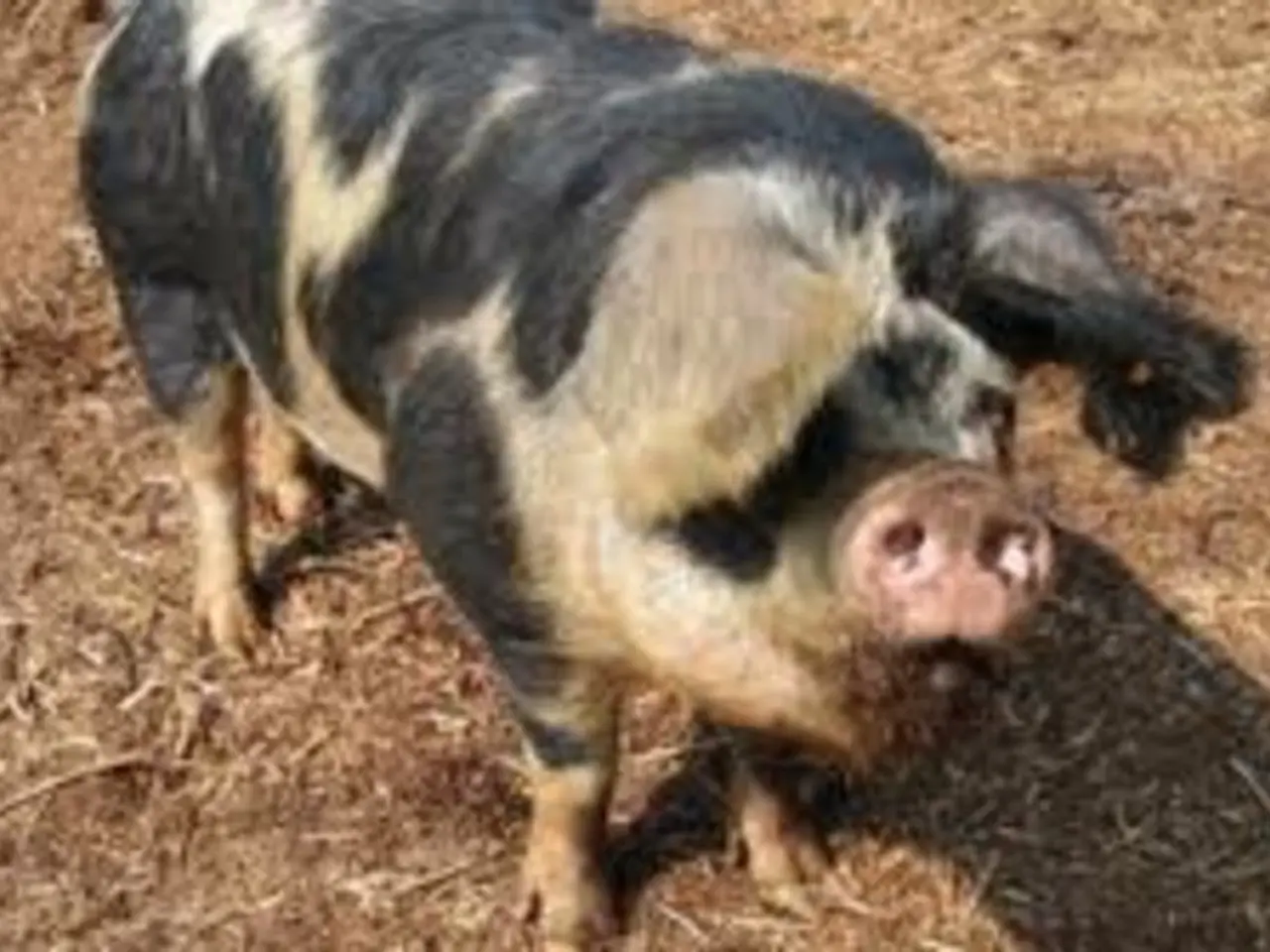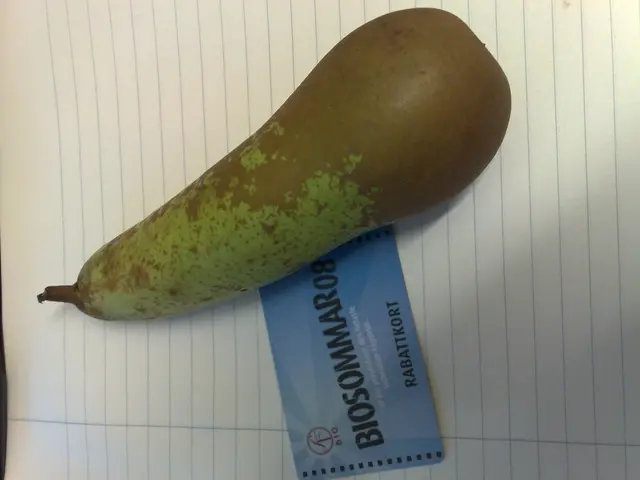Swiss Dioxin Study: Most Meat Safe, Long-Term Risks Persist
Dioxin and PCB levels in meat have raised concerns about consumer safety, particularly in the Aargau region of Switzerland. A recent study by the Canton of Aargau has shed light on the situation, with varying results across different locations.
In Oftringen, dioxin levels were found to be very low, posing no danger to the local population. Similarly, vegetables and salads in Turgi were deemed safe for consumption. However, recommendations persist for sheep grazing and fodder beet cleaning to maintain low pollution levels.
In the Suhret Forest, strict recycling rules require laboratory testing of hunted wild boar meat. KVA Buchs AG covers the costs of these tests, which have revealed contamination in 5 out of 17 samples. This is attributed to the wild boars' soil burrowing habits and their ability to store fat-soluble toxins. Despite these findings, the implementation of recommendations and regulations poses no immediate danger to the Buchs plant population.
Mushrooms and venison have shown small dioxin traces but are considered safe to eat. Long-term ingestion of dioxins and PCBs, however, can impair the immune system, promote cancer, or be fatal.
The study highlights the importance of continued monitoring and strict implementation of regulations to ensure consumer safety. While no immediate danger was identified in most areas, the potential risks of long-term dioxin and PCB exposure underscore the need for ongoing vigilance.








